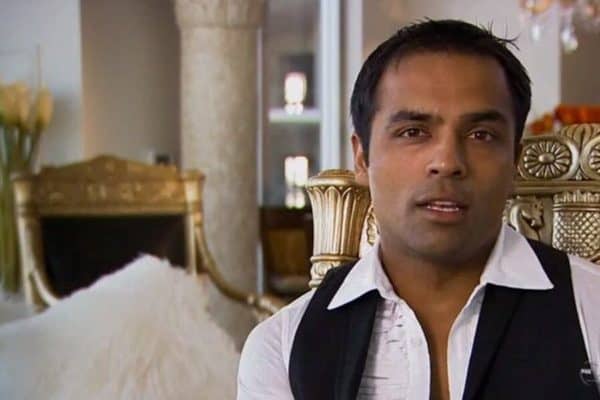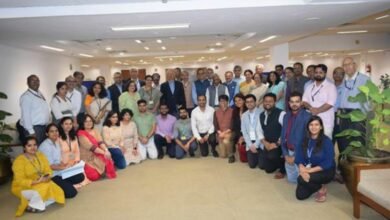AI Helps or Hinders Entrepreneurship: Gurbaksh Chahal Debunks Myths

While artificial intelligence (AI) has come a long way over the years, misconceptions and, more importantly, mistrust around it still linger. It is widely believed that humans will no longer be required for running businesses and AI will soon take over.
While the view isn’t entirely unfounded and things AI can do today were once considered Utopian, but it is a change which should be celebrated rather than doubted, according to Gurbaksh Chahal, an entrepreneur and Internet advertiser who uses AI.
“AI, machine learning–these have been a part of our lives in some form or the another for quite some time,” says Chahal, “but we still hear a great deal about them that really twists around their capabilities and potential. For example, we are constantly hearing that it is going to eliminate jobs. In fact, while AI has eliminated some forms of employment, the number is very low and far outweighs the jobs that it has created.”

The most persistent misconception, according to Chahal, is that AI will eliminate the impetus for technological innovation. “The simple fact is machines will never fully stand-in for a human being’s intelligence and creativity,” he says, adding, “They can come close, but they’ll never be able to completely close the gap. And that gap is where innovation actually lives. We really don’t have a choice except to fill it with our (human) ideas.”
Chahal’s argument can be found in his approach toward deep learning. While machine learning has been around since the 1980s, deep learning is a relatively new innovation, having been discovered in 2010. Machine learning relies on teaching a machine to look for patterns in data sets and predict human behaviour based on models designed by humans. However, deep learning seeks to actually mimic the thought processes of the human brain on the basis of certain artificial neural networks.
Given the nature of this innovation, it would be easy to see the arrival of deep learning as a prelude to the complete replacement of human beings in the world of technology. After all, if a machine can learn in the same way a human can, is there any need for humans or their thoughts? But with that, it’s not difficult to also see the progress of technology hitting a plateau.
Chahal and others are quick to point out that technology has relied heavily on the work, talent, knowledge and know-how of human beings. In a 2017 article for the Huffington Post on AI, Chahal argued that young and old people should get involved. “As an industry, we are still struggling to find talented data analysts who can interpret data with high accuracy,” he wrote. “For this, we need individuals with impeccable mathematical intuition and frameworks, ones who can help us get assured and accurate results.”
In other words, as technology advances and new needs are created, a new level of multi-dimensional knowledge will be required which can only come from a human mind.” That’s how innovation happens,” says Chahal. “I think it’s appropriate to see the relationship between technology and human beings as a conversation. Yes, there are leaps and bounds made in the way the conversation advances, but the technology is always going to hit a point where it will need a person’s genius to further its growth. It’s pretty common to hear that AI is the wave of that future, but that future is never going to happen without us.”
Read the article on – Hindustan Times | Business Sandesh | Coastal Mirror







